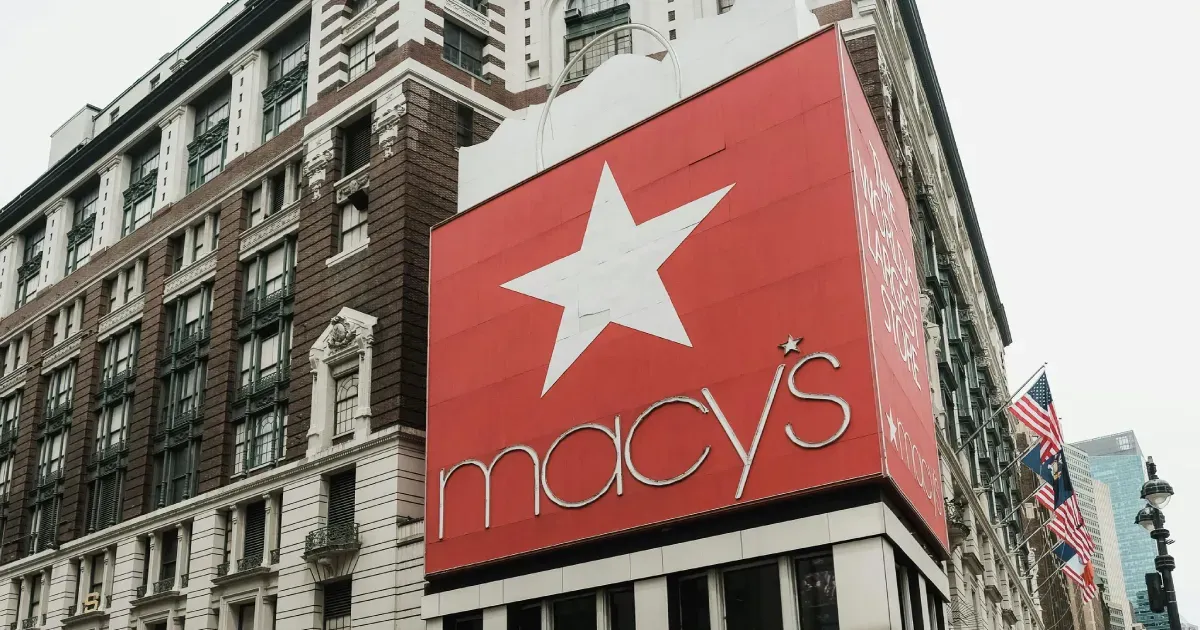Macy’s Announces Closure of 66 Stores

Macy’s has announced plans to close 66 "non-go-forward" store locations as part of its ongoing strategy to adapt to changing consumer habits and a challenging retail industry. The move comes as the department store giant grapples with declining sales, increased competition, and the broader shift toward online shopping.
Strategic Shift to Address Declining Performance
The closures are part of a broader effort to optimize Macy’s store portfolio and focus on its luxury brands, Bloomingdale’s and Bluemercury, which have shown greater resilience. This strategy aims to position the company better in an era where traditional department stores face declining foot traffic and heightened competition from e-commerce platforms.
Analyst Dana Telsey of Telsey Advisory Group noted that Macy’s continues to face a "competitive promotional space" and an "uncertain macro-operating environment," both of which are pressuring its business.
Pressure from Activist Investors
Macy’s has also been under scrutiny from activist investors, including Barington Capital and Thor Equities, who have called for significant strategic changes. These investors have urged the company to consider creating separate units for its luxury brands and real estate assets, such as the iconic Herald Square location in New York City, which is valued between $5 billion and $9 billion.
For comparison, Macy's current market capitalization stands at approximately $4.6 billion, highlighting the potential value locked within its real estate holdings. Such disparities have fueled debates over whether the company should leverage its property assets more aggressively to unlock shareholder value.
Financial Outlook and Competitive Pressures
Macy’s revised its annual profit forecast, now expecting adjusted earnings per share to fall between $2.25 and $2.50, down from its previous estimate of $2.34 to $2.69. The company attributed part of this adjustment to an estimated $79 million in delivery expenses.
Executives remain cautious about the future, citing a "competitive and promotional landscape" and continued pressure on consumers. Despite efforts to bolster its performance, including ending talks with Arkhouse Management and Brigade Capital over a $6.9 billion takeover bid, Macy’s remains in a precarious position.
The Path Forward
Macy’s challenges are emblematic of the broader struggles faced by traditional department stores as they try to reinvent themselves in a changing retail environment. By closing underperforming stores and leaning into luxury and real estate opportunities, the company is making a concerted effort to chart a sustainable path forward. However, whether these steps will be enough to secure long-term success remains to be seen.





